Related Research Articles

Sir Henry Campbell-Bannerman was a British statesman and Liberal Party politician who was Prime Minister of the United Kingdom from 1905 to 1908 and Leader of the Liberal Party from 1899 to 1908. He also was Secretary of State for War twice, in the cabinets of Gladstone and Rosebery. He was the first First Lord of the Treasury to be officially called the "Prime Minister", the term only coming into official usage five days after he took office. He remains the only person to date to hold the positions of Prime Minister and Father of the House at the same time, and the last Liberal leader to gain a UK parliamentary majority.

Duke of Argyll is a title created in the peerage of Scotland in 1701 and in the peerage of the United Kingdom in 1892. The earls, marquesses, and dukes of Argyll were for several centuries among the most powerful noble families in Scotland. As such, they played a major role in Scottish history throughout the 16th, 17th, and 18th centuries. The Duke of Argyll also holds the hereditary titles of chief of Clan Campbell and Master of the Household of Scotland.
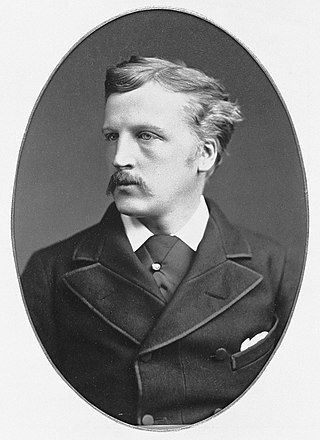
John George Edward Henry Douglas Sutherland Campbell, 9th Duke of Argyll, known by the courtesy title Marquess of Lorne, by which he was known between 1847 and 1900, was a British nobleman who was Governor General of Canada from 1878 to 1883. He was the husband of Princess Louise, fourth daughter of Queen Victoria. He was the first president of Rangers Football Club, thanks to his Argyll ties to the original founders of the football club.

Princess Louise, Duchess of Argyll was the sixth child and fourth daughter of Queen Victoria and Prince Albert.
John Campbell may refer to:
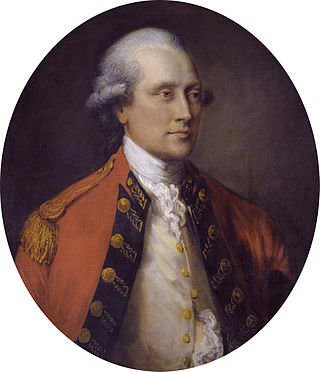
Field Marshal John Campbell, 5th Duke of Argyll, styled Marquess of Lorne from 1761 to 1770, was a Scottish soldier and nobleman. After serving as a junior officer in Flanders during the War of the Austrian Succession, he was given command of a regiment and was redeployed to Scotland where he opposed the Jacobites at Loch Fyne at an early stage of the Jacobite Rebellion and went on to fight against them at the Battle of Falkirk Muir and then at the Battle of Culloden. He later became adjutant-general in Ireland and spent some 20 years as a Member of Parliament before retiring to Inveraray Castle.
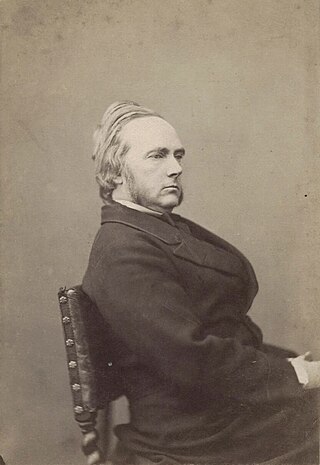
George John Douglas Campbell, 8th and 1st Duke of Argyll, was a Scottish polymath and Liberal statesman. He made a significant geological discovery in the 1850s when his tenant found fossilized leaves embedded among basalt lava on the Island of Mull. He also helped to popularize ornithology and was one of the first to give a detailed account of the principles of bird flight in the hopes of advancing artificial aerial navigation. His literary output was extensive writing on topics varying from science and theology to economy and politics. In addition to this, he served prominently in the administrations of Lord Aberdeen, Lord Palmerston, John Russell and William Gladstone.

Elizabeth Georgiana Campbell, Duchess of Argyll, was a British noblewoman and abolitionist. Born into the wealthy Sutherland-Leveson-Gower family, she was the eldest daughter of the 2nd Duke of Sutherland by his wife, the political hostess Lady Harriet Howard. In 1844 Elizabeth married George Campbell, Marquess of Lorne, eldest son and heir to the 7th Duke of Argyll. She became the Duchess of Argyll in 1847 when her husband succeeded his father.
Argyll's Regiment of Foot was a Scottish infantry regiment formed in April 1689 to suppress Jacobite opposition in the Highlands. In February 1692 it took part in the Glencoe Massacre, moved to Brentford near London in May then to Flanders in early 1693 where it fought in the Nine Years War. It became Lord Lorne's Regiment in April 1694 and was disbanded on February 1697.
Argyllshire was a county constituency of the House of Commons of the Parliament of Great Britain from 1708 to 1800 and of the House of Commons of the Parliament of the United Kingdom from 1801 until 1983. The constituency was named Argyll from 1950. The constituency was replaced in 1983 with Argyll and Bute.
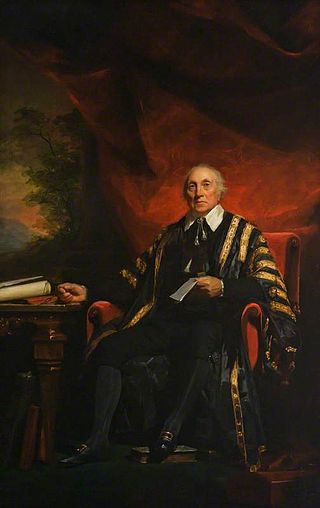
Lord Frederick Campbell was a Scottish nobleman and politician. He was Lord Clerk Register of Scotland, 1768–1816; Member of Parliament (MP) for Glasgow Burghs (1761–1780) and for Argyllshire (1780–1799).
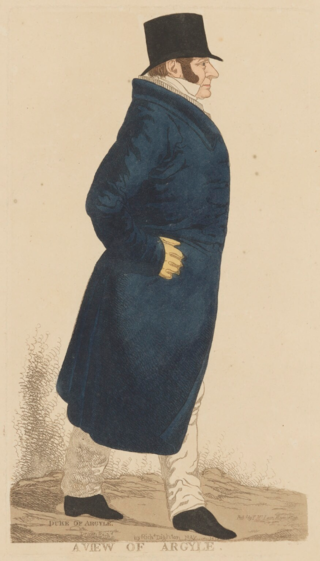
George William Campbell, 6th Duke of Argyll,, styled Earl of Campbell from 1768 to 1770 and Marquess of Lorne from 1770 to 1806, was a Scottish Whig politician and nobleman.
Ayr Burghs was a district of burghs constituency of the House of Commons of the Parliament of Great Britain from 1708 to 1800 and of the House of Commons of the Parliament of the United Kingdom from 1801 to 1950. It elected one Member of Parliament (MP), using the first-past-the-post voting system.
The 91st Regiment of Foot was a Line Regiment of the British Army, raised in 1794. Under the Childers Reforms it amalgamated with the 93rd Regiment of Foot to form the Argyll and Sutherland Highlanders in 1881.

Lord Colin Campbell was a Scottish Liberal politician who sat in the House of Commons from 1878 to 1885.
John Ramsay was a Scottish distiller, merchant and Liberal Party politician.
Andrew Grant was a Scottish merchant and Liberal politician who sat in the House of Commons from 1878 to 1885.
The 1940 Argyllshire by-election was a parliamentary by-election for the British House of Commons constituency of Argyllshire, on 10 April 1940.
The 1878 Boston by-election was fought on 12 August 1878. The by-election was fought due to the resignation in order to contest Argyllshire of the incumbent Conservative MP, John Malcolm. It was won by the Conservative candidate Thomas Garfit, who was unopposed.
The 1878 Marlborough by-election was fought on 31 January 1878. The by-election was fought due to the succession to a peerage of the incumbent Liberal MP, Lord Ernest Brudenell-Bruce. It was won by the unopposed Liberal candidate Lord Charles Brudenell-Bruce.
References
- ↑ Leigh Rayment's Historical List of MPs
- ↑ Craig, F. W. S., ed. (1977). British Parliamentary Election Results 1832-1885 (e-book) (1st ed.). London: Macmillan Press. p. 570. ISBN 978-1-349-02349-3.
- ↑ "Argyllshire election" . Dublin Daily Express. 29 August 1878. Retrieved 2 October 2016– via British Newspaper Archive.
- ↑ "Elections". The Cornishman. No. 17. 7 November 1878. p. 7.